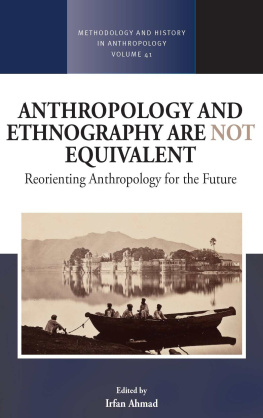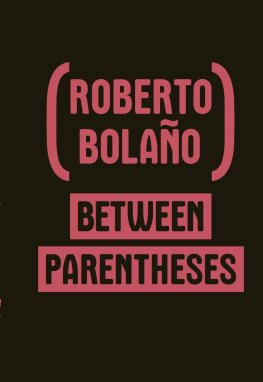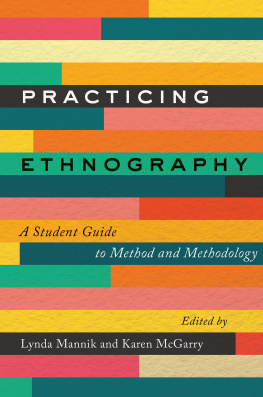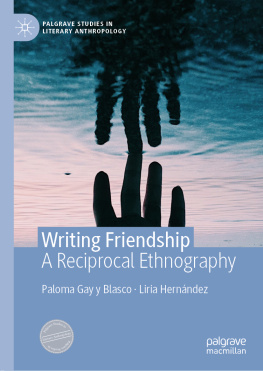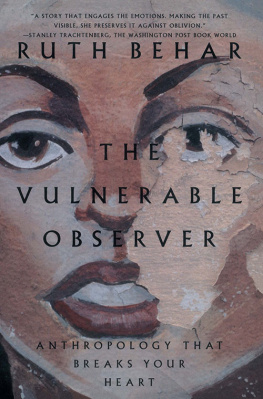Ethnography, understood in terms of immediate collection of data and of simple description, was originally distinguished from the anthropological scientific theorization. This dichotomy is based on the appropriation of the modern concept of science. The subordination to the principles that originated in the empirical and rational knowledge of astronomy and physics of the 17th century, although it allowed the acceptance of the discipline among the sciences, it prevented a satisfactory treatment of the problem of the relationship between research activities and theoretical elaborations. Evolutionist comparativism, participant observation, the use of quantitative methods and of formalized languages, produced a rigid opposition between ethnographic practice and anthropological theory. The very idea of objectivity led to the inevitable epistemological and methodological elimination of the experiences of the subjects involved in the research process.
Anthropology hereby assumed for a long part of its history the idealization of the incompatibility between subject, method and object, typical of the epistemological horizons developed by the founding fathers of the modern sciences: the Baconian inductive model; the Galilean union of observation, experimentation and mathematization of nature; the Newtonian experimental and causational mechanics; the Cartesian metaphysical systematization of this model, based on the dualism between res cogitans and res extensa and on the conception of knowledge as representation (Rorty, 1979). As Heidegger (1950) explains, modernity is defined by a double movement. On the one hand, it unfolds the world of real and external objects, raw data endowed with properties independently of the researcher's perspectives. As such they are accessible to direct observation, transcribed in the denotative and referential scientific languages and subsumed into homogeneous classes. On the other hand, modernity understands the subject as a neutral entity, a de-subjectivized abstract pole of a set of universal rational functions. The resulting form of rationality is founded on the normativity of a language amended by the ambivalence of the researchers experiences and of the qualitative depth of the relations with the particularities of their interlocutors and of their objects.
This epistemological position delineated the program of a natural science of culture, at the same time in which Auguste Comte identified sociology as the physics of Western society. In Europe, the main expressions of the positive search for a natural science of primitive societies were at first outlined by the evolutionism of Edward Burnet Tylor and James Frazer, by the organicism of classical French ethnology, from Lucien Lvy-Bruhl to mile Durkheim and Marcel Mauss, and by the functionalisms of Bronislaw Kasper Malinowski and Alfred Reginald Radcliffe-Brown. In the U.S.A., the evolutionism of Lewis Henry Morgan, the neo-evolutionary approaches of Julian Haynes Steward, Leslie Alvin White, Elman Rogers Service and the cultural materialism of Marvin Harris interpreted more efficaciously the objectifying and generalizing virtues of knowledge. Subsequently, structuralism, cognitive anthropology and ethnoscience constituted the most influential manifestations of the search for formalized and universal idioms to explain cultural manifestations.
The anthropological science could thus develop by separating the factual level from the theoretical one or, more precisely, the ethnographic detailed and idiographic practice from the anthropological, generalizing and nomothetic commitment. This positivist opposition received a final formulation by Claude Lvi-Strausss triadic model which sees ethnography and anthropology as two distinct stages, separated by ethnology, arranged according to a chronological, epistemological and methodological subordination. Ethnography corresponds to the early phase of the research and is identified with fieldwork: it is conducted in a sufficiently small social groups to allow the collection of information through the personal experience of the ethnographer. Ethnology represents a first step towards the synthesis: it involves the description of particular cultural phenomena inside their socio-cultural context. Anthropology is regarded as the only authentic theoretical and scientific moment: it is based on the conclusions of ethnography and ethnology and aims at objective generalizations (Lvi-Strauss, 1958: 388-390). This scheme was used by Lvi-Strauss to define the specificity of anthropology as without a doubt unique in making the most intimate subjectivity into a means of objective demonstration (Lvi-Strauss, 1968: 26). Although the scheme recognizes the importance of the ethnographic practice, it reproduces the basic paradox of the modern sciences. It is, in fact, based on the prejudicial assumption of objectivity as both, a means and an end: it obscures the relevance of the subjectivities of the researcher and of the researched, as well as the particularities of the objects and the socio-cultural foundations of knowledge.



